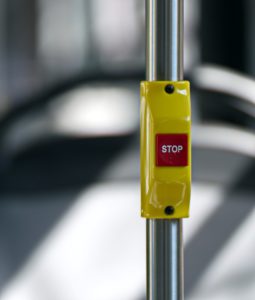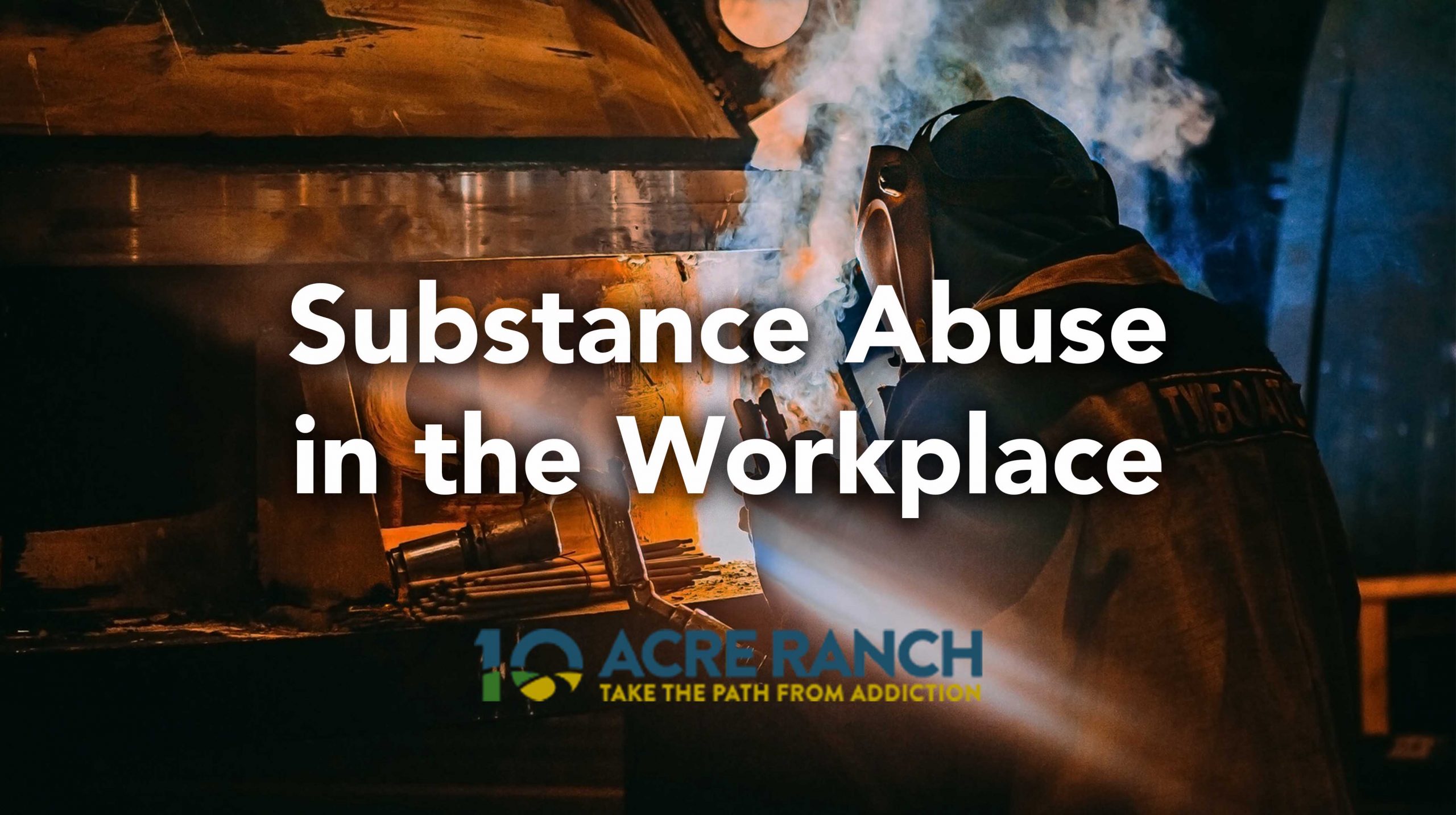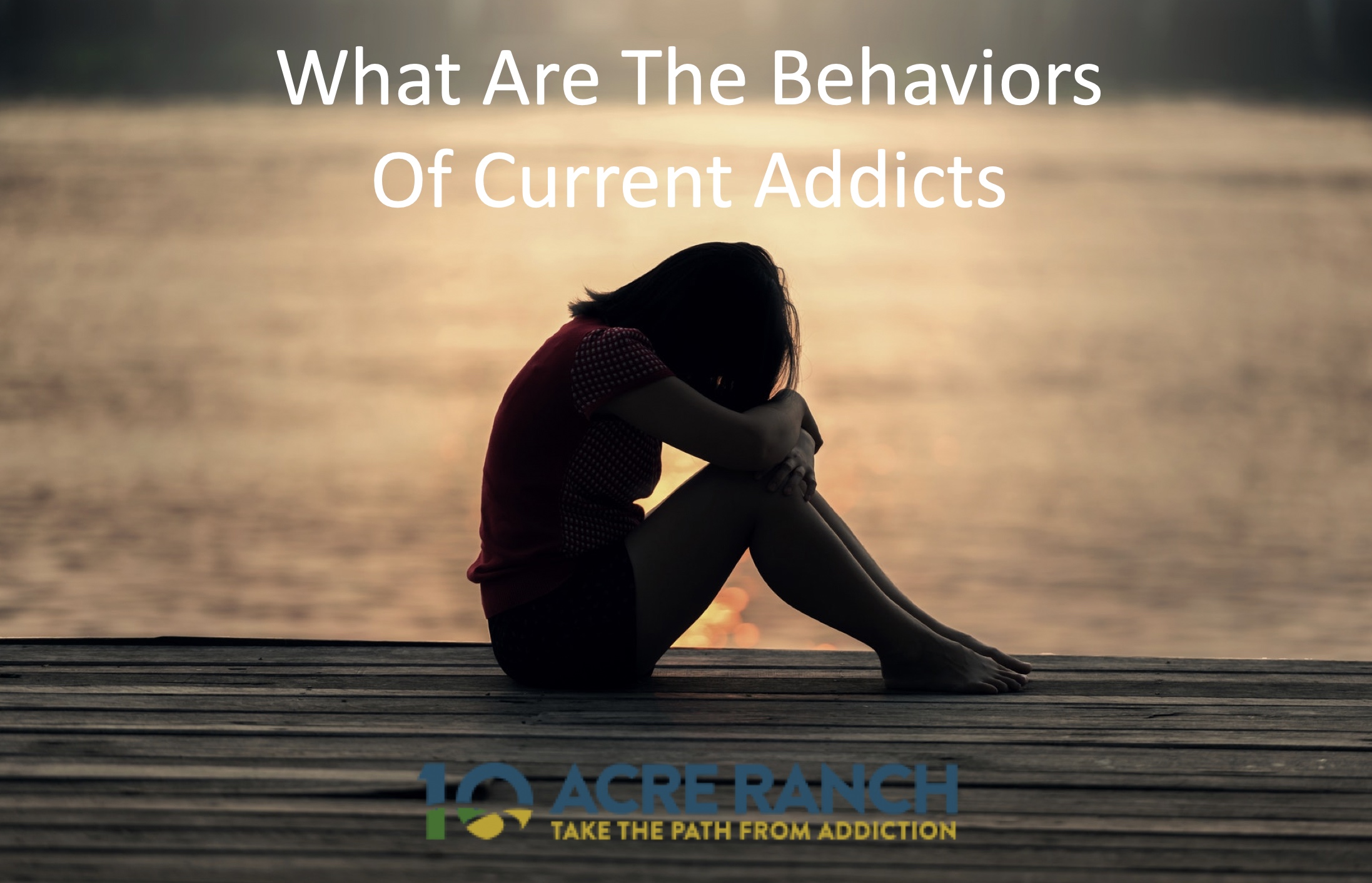An effective Human Resources strategy on drug and alcohol abuse must confront the fact that one in ten Americans are currently struggling with addiction. As such, the odds are that one in ten of your employees could be struggling with one form of substance abuse or another co-occurring mental health issue. Substance abuse in the workplace is common today and many organizations are working hard to reduce the negative stigma surrounding alcohol and drug abuse. This stigma, where people tend to see a person as ‘just an addict’ instead of seeing them as another human being is causing a great harm to our society. This negative stigma often discourages people from seeking help with their addiction or substance abuse problem, endangering themselves, coworkers, family members and their loved ones.
As an employer, you are in a unique position to help address the drug crisis in America.
With the drug overdose epidemic reaching record proportions in the United States, employers can find themselves in a pivotal role to help address the epidemic at a key stage in an addicts’ recovery journey.
“An estimated 23.5 million Americans are currently addicted to alcohol and/ or other drugs and need treatment and other supportive services. Unfortunately, only one in 10 of them (2.6 million) receives the treatment they need.”

With only 10 percent of Americans receiving treatment through a drug rehab program, the remaining 90 percent of our nation’s addicts go without treatment. This faces them with an increased potential for a drug overdose and, in some cases, their untimely death.
Addiction and substance abuse in the workplace costs American businesses billions of dollars each year.
The current opioid epidemic alone is estimated to have cost American business $504 billion dollars in 2015, according to the White House Council of Economic Advisors. Workers who are struggling with addiction are also noted to miss an average of 29 days of work, compared with the overall national average of 10.5 days of work missed per year. A huge impact could be made by employers in the current drug abuse crisis, with the implementation of a few valuable, actionable substance use disorder treatment programs.
Any employer should already have a drug-free workplace program on the books, as well as a written substance abuse policy. These policies are a good start, but as an employer there is so much more that can be done. Reducing the likelihood of your employee’s substance use will help your company save money on health care costs and insurance premiums, improve worker productivity and lower the frequency of workplace injuries.

Addiction is a treatable disease.
Many beneficial and practical solutions to these problems exist and they begin with an understanding that addiction is a treatable disease. Much like diabetes or asthma, addiction is a chronic disease that can be managed, with the right access to treatment and drug rehab programs. Identifying the problem early is also crucial in the success of treatment for a substance use disorder.
Identifying substance abuse through a workplace drug testing program is an easy way to find out if some of your personnel are experiencing problems with addiction. From there, an Employee Assistance Program (EAP) can administer help in resolving the drug or alcohol abuse problem. These programs can help focus attention on employees who need help with a drug or alcohol problem. They can offer your employees drug and alcohol detox, intensive outpatient treatment, residential addiction treatment and a host of aftercare services.
An educational program about substance misuse problems can also benefit employees who need help with their addictions. Many people do not seek help for their alcohol, prescription drug or illicit drug problem because they think they will be perceived negatively, especially by their employer.
Employees are more likely to seek help when it is approached as part of an existing employee health and wellness plan. This resource can be recommended to them by their immediate supervisor, or through the company’s human resources department. Fear of losing their job, or being reprimanded for their substance abuse should not be a barrier for anyone seeking help with their addiction. Treating your employee as a person with a treatable, medical illness is the best way an employer can help with the recovery process.

A team of addiction specialists from 10 Acre Ranch can come to your work in the greater Los Angles area to help train your HR staff, and give you the resources necessary to help your employees succeed in recovery.
10 Acre Ranch is located in Riverside, California and we are industry leaders in scientific, evidence-based alcohol and drug abuse treatment. 10 Acre Ranch’s Workplace Substance Abuse Program can help train your supervisors and human resources staff to detect the warning signs of an alcohol, prescription or illicit drug abuse problem in your workplace. We can also help provide tools and resources to help your employees who are in desperate need of help.
Our programs emphasize long-term treatment on a continual basis, that will address the immediate problems of substance use, addiction and mental health. Many people self-medicate their problems and mental health issues with drugs or alcohol. Sometimes the root of the problem lies within an underlying mental health issue, such as childhood trauma, PTSD or other behavioral disorders. The thorough addiction treatment programs at 10 Acre Ranch address these issues, as we feel it is the best way to help an individual achieve a long-lasting sobriety.
Ignoring the potentially life-threatening illness of substance abuse and addiction will only further perpetuate the problems in their lives. This could someday lead to a serious workplace injury or even someone’s unfortunate death. It is in the interest of the safety of all of your employees to address these problems as they arise. Acting expediently when suspicious behavior is noticed could help your employees seek the treatment they need. This is help that could ultimately save their lives.










